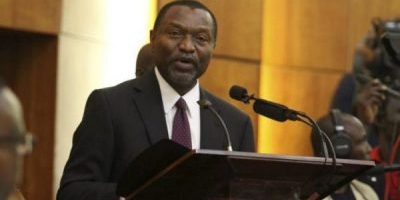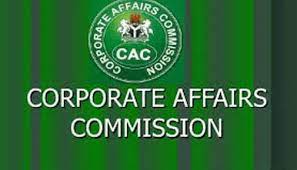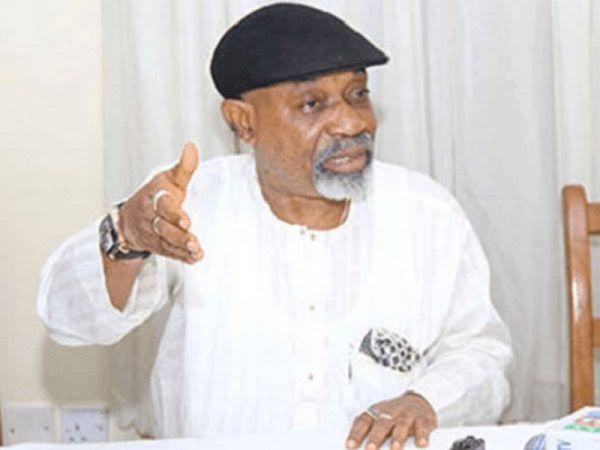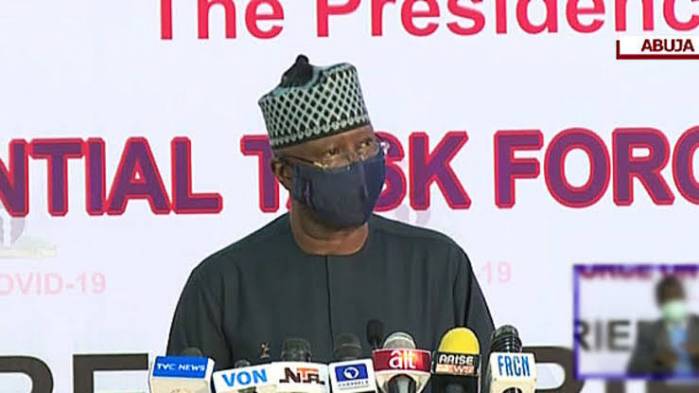The Ministry of Budget and National Planning has dismissed as unreliable, recent publication on the World Poverty Clock by World Data Lab in Vienna, Austria, indicating that Nigeria’s poverty rating is getting worse.
The ministry said after a review of the report, it was evident that it was not based on any recent surveys of the poverty levels in Nigeria.
It said it could therefore not be considered as a factual indication of recent trends in Nigeria.
The position of the ministry is contained in a statement issued in Abuja by Mr. Akpandem James, media aide of the Minister of Budget and National Planning, Udoma Udo Udoma.
“The authors of the report claim that the Poverty Clock is an online analytical/visualization tool that shows the number of people living in extreme poverty worldwide and count(s) “excess” poverty – the gap between the actual number who have escaped poverty since end-December 2015 and the hypothetical number of who should have escaped in order for the world to be on-track to reach the global target of ending poverty by 2030.
“It should be noted that in deriving its poverty estimates, the Poverty Clock does not, and in this case did not, directly rely on household survey data as national statistical offices in most countries do. Instead, as stated in their methodology, they rely on models to estimate poverty rates across countries using data provided by national governments to international agencies,” the statement reads in part.
The ministry said the models made assumptions on expected future changes in income, IMF medium-term growth forecasts and long-term projections and analysis developed by the OECD, all of which were significantly influenced by uncertainty.
It said that it was, in essence, just a model based on a lot of assumptions which could not substitute for field work involving actual data collected from households in a consistent and representative way.
In the specific case of Nigeria, the ministry posited, the Poverty Clock used as baseline the General Household Survey 2012/13 which was not designed to measure poverty indicators accurately and followed a methodology that could be misleading if relied upon for poverty estimates.
READ ALSO: Miyetti Allah, Pork Barrel and Change
The ministry argued that in line with extant laws, the National Bureau of Statistics (NBS) remained the statutory agency of government with responsibility for producing Nigeria’s official statistics, including poverty estimates.
Like several other countries, the ministry said, Nigeria’s poverty estimates were obtained from the National Living Standard Survey (NLSS) undertaken every five years, and which was last conducted in 2010.
“While several other household surveys are routinely conducted by the NBS, none are as comprehensive as the NLSS, which is the appropriate household survey to determine poverty estimates. The next round of the NLSS is currently being undertaken by NBS, in collaboration with the World Bank, and this will be concluded in 2019. There is currently no other comprehensive household study on current poverty trends in Nigeria.
“It is therefore pertinent to note that the World Poverty Clock is a model-based estimation of poverty, relying on projections and assumptions that cannot substitute for actual household survey approach which most countries adopt.
“This implies that it is not possible to conclude Nigerians poverty position until the NBS completes the NLSS, as no comprehensive field work has been done in Nigeria, and among Nigerian households, as is required according to standard international methodology,” the ministry declared.











